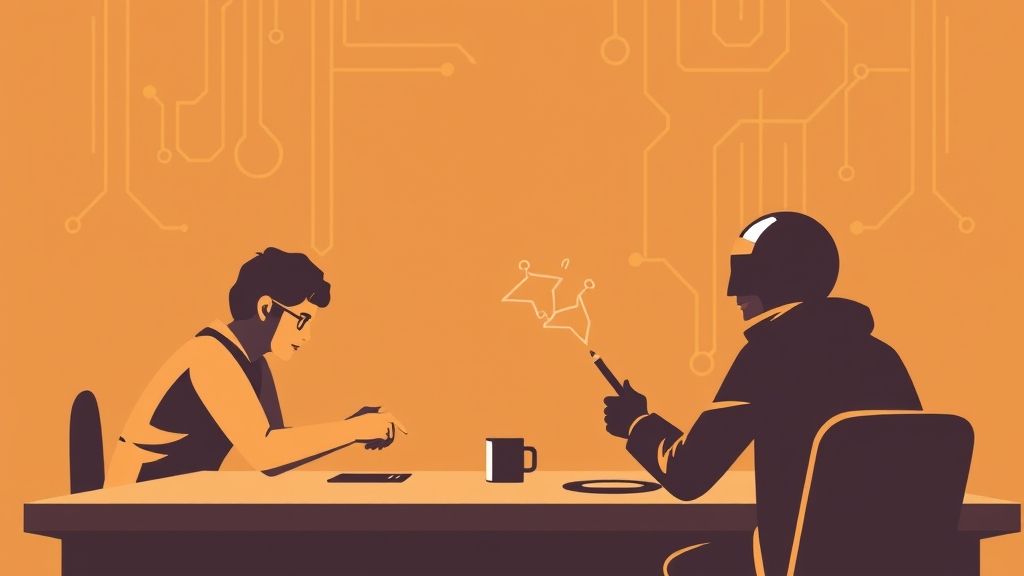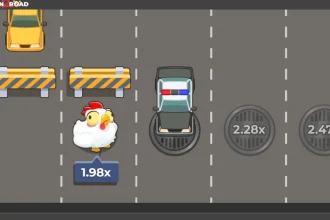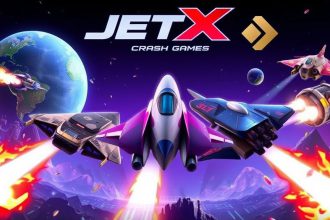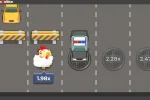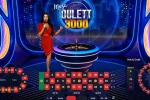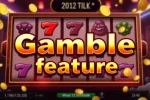Zero-Knowledge Proofs (ZKPs), specifically zk-SNARKs, are changing how crypto crash games, such as Aviator and JetX, handle fairness and privacy. These tools allow games to have trustworthy results without showing sensitive information, which fixes trust problems in online gambling. It’s predicted that by 2025, crash games using ZKPs will make up 25% of all crypto casino activity. Platforms like BC.Game and Stake are using them to build user confidence in this market.
How ZKPs work in crash games
Crash games use a multiplier (like 1x to 100x) that goes up until a random crash point, which is based on a math equation. Current systems that try to be fair use a server seed, client seed, and nonce, which are scrambled using SHA-256 to find the crash point. ZKPs, specifically zk-SNARKs, make this better by proving the crash point is correct but keeping the server seed hidden.
Here’s how it works:
- Setup: The casino sets up zk-SNARKs with a trusted setup, creating keys that are public (proving and verification keys) using a secure multi-party computation (MPC). This makes sure no one person controls the secret.
- Commitment: The casino finds the crash point using a secret seed ( s ) and puts it on a blockchain (like Solana) as a scrambled code ( H(s) ).
- Proof: A zk-SNARK proof ( \pi ) is made, which confirms that the crash point ( c ) matches the game’s rules (like ( c = f(s, \text{client_seed}, \text{nonce}) )) without showing ( s ).
- Check: Players use the verification key to check ( \pi ) against ( H(s) ) and ( c ), which proves the game is fair very quickly ( O(1) ). Tools like Etherscan or in-game checkers make this easier.
For example, in Spribe’s Aviator, if the crash point is 7.2x, it’s proven fair with a 128-byte zk-SNARK proof, which can be checked in milliseconds on Ethereum Layer-2 chains like Polygon.
How it’s implemented
- zk-SNARK Tools: Platforms use tools like libsnark or Zokrates, which are coded in C++ or Rust, to make proofs. Circom is popular because it works well with Ethereum.
- Blockchain Use: Solana can handle a lot of activity (65,000 TPS), which allows for real-time proof commitments. Ethereum’s zk-Rollups (like zkSync) lower gas fees to $0.01 per check.
- Speed: It takes about 100ms to make a proof on a 16-core server, and checking it takes less than 10ms, which is important for crash games where rounds last 10-15 seconds.
- Safety: zk-SNARKs use elliptic curve cryptography (like BN-128) and need a secure setup. Platforms like Cloudbet use tested MPC methods to lower risks.
Benefits and challenges
Benefits:
- Privacy: ZKPs hide the server seed, which stops reverse-engineering attempts.
- Scalability: zk-Rollups group thousands of proofs, which lowers the load on the blockchain.
- Trust: Public checks mean people don’t have to rely on casino audits.
Challenges:
- Setup risk: If the trusted setup is hacked, fake proofs could be made, but MPC reduces this risk.
- Cost: Making proofs needs GPUs, which raises costs for smaller companies.
- User experience: Checking proofs requires some understanding of blockchain, but one-click tools make it easier.
Important tools, like deposit limits and session timers, are needed to deal with the quick and habit-forming nature of crash games.
What’s next
zk-STARKs (scalable, with no need for a trusted setup) might replace zk-SNARKs, which would get rid of setup hazards. Casinos using Solana are testing post-quantum ZKPs that use lattice cryptography. They are also looking at using NFT rewards (like special crash rocket tokens) and AR interfaces for more real checks.
Developers can use Zokrates for testing, and players should check proofs on Polygon explorers. ZKPs make crash games more secure. Bet smart, check results, and use licensed platforms.
